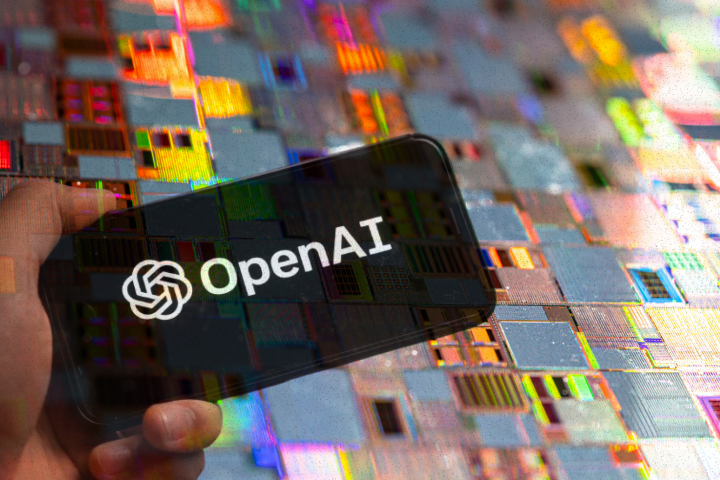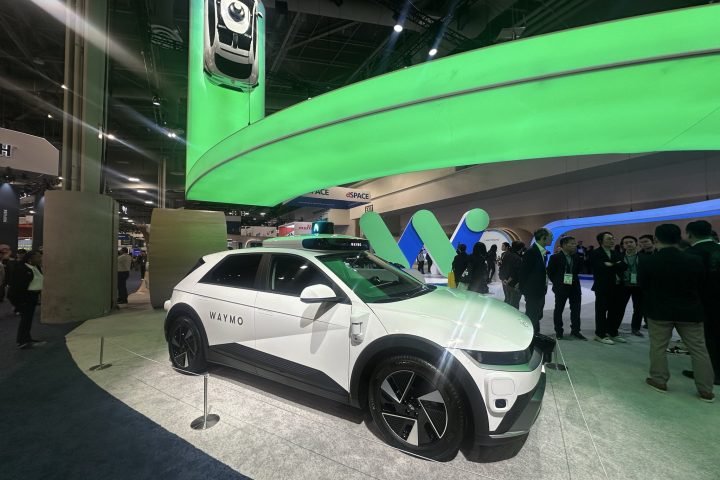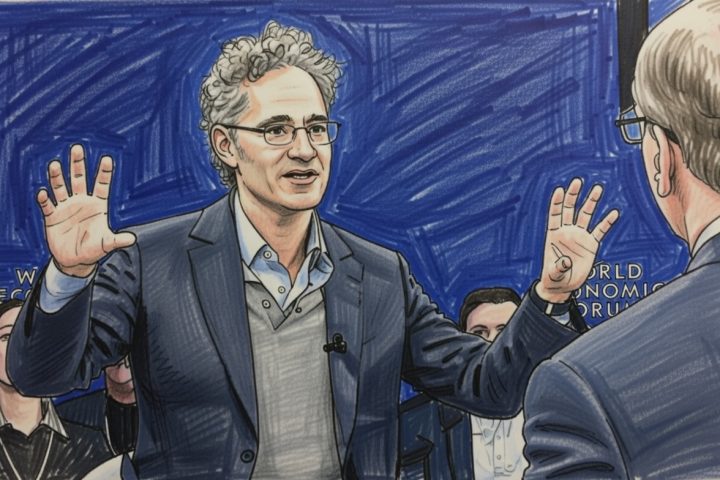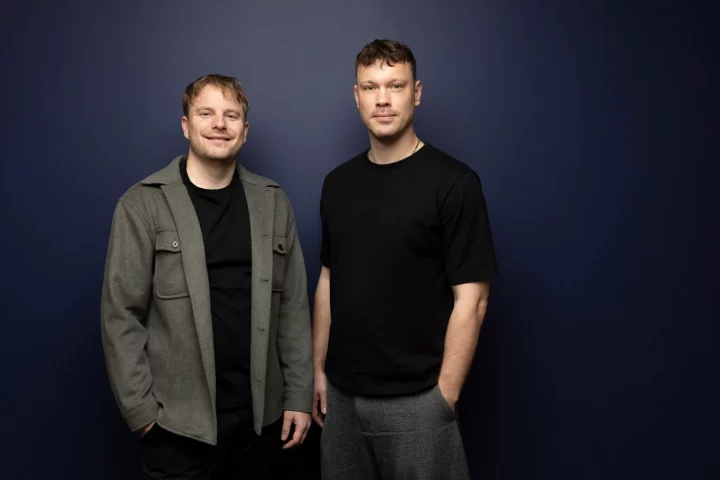Making money online has never looked so casual, or so confusing.Viral TikToks, Instagram grids, and live-streamed gameplay are on the rise so does the business.
But behind every sponsored post, gifted skincare bundle, or “thank you” emoji that converts to cash lies a question the UK tax authority, HM Revenue & Customs (HMRC), can no longer ignore: When does posting online become a taxable business?
A newly published research report, commissioned by HMRC and conducted by the National Centre for Social Research (NatCen), sheds light on the murky world of social media content creators (SMCCs), revealing not just how they earn, but how few truly understand their tax obligations.
Based on in-depth interviews with 34 creators across income levels, platforms, and content niches, from gaming and food to beauty and lifestyle, the findings paint a nuanced picture of an industry where “hobby” and “hustle” often overlap.
First, let’s get the language right. Forget “influencer” many of the interviewees actively dislike the term.
“I feel ‘content creator’, when you explain it, people are a lot more on board,” said one participant earning over £12,500 annually.
“If you say ‘influencer’, I think the immediate association is out of touch, very, very wealthy, and that’s simply just not the case for most content creators.”
Across the board, “content creator” was seen as the most accurate and widely accepted label. But here’s the catch: not everyone uses it.
Lower-income creators, those earning under £1,000 a year, often don’t see themselves as “creators” at all.
One explained: “Unless you’re a big influencer… people aren’t really going to think of themselves in that way… if it’s kind of like something that happens occasionally, you probably wouldn’t describe yourself in that way.”
This matters to HMRC because how people identify themselves affects whether they even consider their activities taxable.
The path to monetisation usually starts small, often with free gifts from brands. Think beauty products, restaurant meals, or gaming codes. For many, this is the first inkling that their online presence has commercial value.
But here’s a key insight: SMCCs rarely count these gifts as income, even though tax law may require them to.
As one creator noted: “You can’t use a gifted jacket to pay your rent. So how is that income?” Yet HMRC generally treats the market value of such benefits as taxable, especially when given in exchange for promotion.
Monetisation methods diversify as creators grow:
- Paid brand sponsorships (common among mid- to high-earners)
- Affiliate links (though many call them “pointless” due to tiny commissions)
- Platform payouts (via subscriptions, ads, or “creator funds”)
- Fan donations (often in the form of digital assets like animated emojis that convert to cash)
Annual earnings in the study ranged from nothing but freebies to around £60,000. But income is wildly inconsistent, even those with 100,000 followers reported earning as little as £2–£20 per month from fan donations.
Perhaps the most striking finding?
Tax understanding breaks down not by income alone, but by mindset. The report identifies four distinct groups:
Higher income, high tax engagement: Earning £12,500+, they’re proactive, often using accountants or detailed spreadsheets.
Mid-to-high income, low engagement: Earning £1,000–£12,500+, yet many assume, “It’s just pocket money, it can’t be taxed.” One said: “I have never worried about it, purely because it’s not something that I do full-time.”
Lower income, high engagement: Under £1,000, but still tax-savvy, often due to past self-employment.
Lower income, low engagement: Also under £1,000, but unaware of thresholds or obligations. One admitted: “I rented out my car and made £15,000 in two years. No one asked me at all… so there was no pressure really.”
This last group is HMRC’s biggest concern. As their earnings grow, they may unknowingly cross the £1,000 threshold that triggers a legal duty to file a Self Assessment tax return, and the £12,500 level where income tax kicks in.
And almost everyone, even experienced creators and accountants, is confused about whether and how to value gifts. Should a free meal count?
What about a pre-release skincare sample with no listed price? The report notes: “Confusion about whether and how to include gifts in taxable income was pervasive across all levels.”
What do creators want from HMRC?
Not stern letters. Not jargon-filled PDFs. Clear, platform-native guidance.
Participants suggested HMRC “become a content creator themselves”, posting short explainers on Instagram, TikTok, or YouTube. “The best advice for HMRC to reach people… is to become a content creator… That’s where they’re all at,” said one interviewee.
They also want:
- A dedicated HMRC webpage for creators, updated regularly
- Collaboration with platforms (e.g., automatic tax prompts when switching to a “business” account)
- Support from management agencies, who could remind clients of tax duties
- Plain-language messaging that’s “supportive but authoritative”, not scary
Timing matters too. The ideal moment to deliver tax info? Right when monetisation begins, when someone gets their first brand gift, switches account types, or receives their first platform payout.
The “creator economy” is now a legitimate slice of the UK’s self-employment landscape, with blurred lines between passion and profit, authenticity and advertising.
As the report notes, the pandemic accelerated this shift: many turned to content creation while furloughed or unemployed. Now, thousands straddle part-time jobs, caregiving, and online gigs, often without realizing they’ve crossed into taxable territory.
HMRC’s challenge is cultural as much as legal: How do you regulate an industry that thrives on informality?
The answer may lie in meeting creators where they are, literally. Not in tax offices, but in comment sections, livestreams, and DMs.
As one creator put it: “HMRC needs to work with us… and push the information out in a more relaxed style that we can understand.”
For a generation that learned finance from TikTok, not textbooks, that might be the only way forward.












